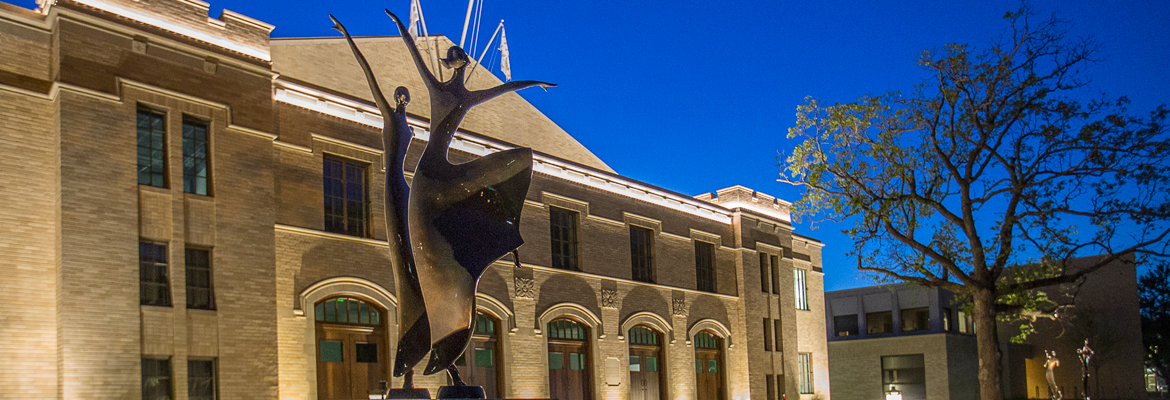Interviewing
Adapted from http://www.reed.edu/~brashiek/Rhodes-Marshall/interview.html
Preparing for the Interview
Read your application and transcript before the interview
Try to see your application the way a third-party might. Your application materials should be fresh in your mind in case you're asked detailed questions. You may also be asked about out-of-place grades, or how a course outside your specialization broadened your understanding.
Create a list of questions
Include questions that you hope to be asked and ones that you do not want to be asked.
Know current events
This is especially true for issues that relate to your proposed area of study/research.
Prepare to respond to common requests
“Tell us a bit about yourself." "Do you have anything you would like to add?"
Know the award benefactor or sponsor
Harry Truman, Cecil Rhodes, The Marshall Plan, Thomas Pickering, George Mitchell. Look for parallels between the namesake’s life and your story.
Practice
Avail yourself of mock interviews through the Office of Nationally Competitive Awards.
During the Interview
Answer questions using anecdotes and examples
Limit or avoid the use of “never” and “always.”
Don't rush your answers
It is fine to pause a moment for thought.
Keep the answers concise but thorough
You may be interrupted while answering. This may be intended to see how fast you react to a new situation.
Say "I don't know" if necessary
Interviewers want to see if you will hold onto your ideals but not be so dogmatic as to not budge an inch. Otherwise they may pursue you into rougher waters.
Turn the interview into a good discussion
Approach the interview as a discussion structured around a series of questions rather than simply an extended line of confrontational questioning. Look at each committee member in giving your answer, not just the individual who poses the question.
The Truman Interview
Adapted from Tara Yglesias, Deputy Executive Secretary Truman Scholarship Foundation & from Louis Blair, former Executive Secretary Emeritus, Truman Scholarship Foundation
Enjoy the interview
Turn the interview into a conversation with the panelists, not a Q&A. Do not get put off by challenging questions or the lack of encouraging words and smiles from panelists.
Keep answers short
This lets your panelists pose lots of questions. Keep your answer to a single question, under one minute.
Ask for clarification
If you don’t understand the question, ask. Committees are rarely bothered if a student has not heard of something (unless it is in his/her issue area), but members will not appreciate a student who attempts to bluff knowledge.
Be sensitive to the fact that panelists come from different backgrounds and disciplines
Committee members outside academia often ask completely different questions than professors. As for fellow interviewees, most students are surprised how well they get along with each other.
Realize that there are few clear-cut answers and solutions
Recognize that there are problems and obstacles. Address the questions raised head-on and try to respond to what the interviewers have asked, not what you necessarily want to address.
Entertain offbeat questions
Successful candidates feel somewhat comfortable in grappling with such far-out questions, answering them seriously but maybe even having fun too. A panelist may ask you to offer a list of meaningful books you have read that the President should read or discuss the biggest issues facing American society.
Identify when a panelist is playing devil's advocate
Panelists will often ask provocative questions or seem to defend outrageous propositions. For instance, you could be asked a question like, "Why should we care about participatory democracy anyway?" You will impress the committee if you can happily engage them on any issue without either pandering or making them feel like a jerk for asking.

